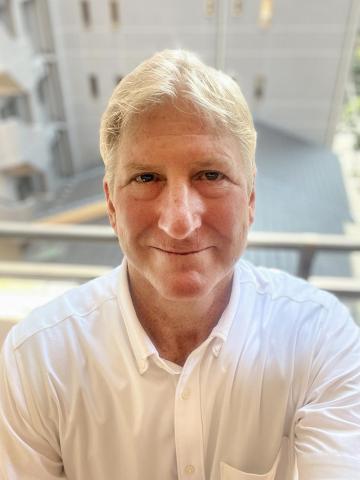Issue:

The only safe thing is to take a chance.
Elaine May
A visitor to the club could be forgiven for asking: “What happened?” The glorious hallway leading to the main bar is decked with the faces of world leaders, entertainers, athletes, artists, business titans and authors who’ve crossed our threshold. But it’s been a while since we have hosted big global names on a regular basis.
I’m often told by members that this must be reversed. The idea is that if we just worked harder and smarter and talked to the right people, we’d begin to relive our glorious past as a club. It’s a seductive narrative, for some. Youth can be hard to let go of, as are memories.
And so it is with our club, also in its dotage. But the FCCJ hasn’t changed so much as the world has. The days are long gone when the surest way to attract global media attention in Japan was to speak out at the FCCJ. Working journalists know this because they too have a much harder time landing exclusive interviews or even getting exclusive information from sources, even when their publications are the biggest and best in the world.
We can’t be gatekeepers because there are no more gates. Free, instantaneous, global distribution is available to all. The worthy and scurrilous alike build their online followings exponentially with no role for the press. What, then, is the club’s role in the world of new media?
Our core missions remain the same: defend freedom of the press and help journalists build their careers. These remain essential functions and, in some ways, are even more urgent in a world of continuously dwindling job opportunities and governments that don’t resist the temptation to censor or intimidate or jail journalists.
And there is still a role for the club to play in directly helping journalists report the news. But to make this happen requires big changes at the club. Our main effort in this area is run by the Professional Activities Committee. While I’m not on the committee, I’m included in all its discussions and I can see that committee members and staff exercise some diligence, and even creativity, at times. But I can also see that they’re very often trapped in the idea that they need only be gatekeepers, deciding who can or can’t be allowed to speak at the club. Secondarily, they can invite people to speak at the club, which is just pro-active gatekeeping.
If we are to survive into the next decade, we need to transform the club’s main press function from gatekeeping to event production. We can and should become the world’s foremost producer of hybrid in-person and online news and public affairs presentations. We have the talent, and we have the real estate. If we focus, we can get all the equipment we need to make this happen.
We’ll still need members to volunteer for the job of deciding who can or can’t present at the club in the context of a press conference or event. But we also need some training, possibly new staff and members to volunteer to produce such events. This entails a lot more intensive shaping of themes and calendar planning. It also means more creativity and drive to invite experts at the highest levels from around the world to participate by teleconference.
Typically, when a subject comes into the news, we look for local experts. This made perfect sense … in the old media world. We exist primarily for people working as journalists in Japan. But expertise knows no borders. Instead of just relying on whoever happens to be local, we should be pairing locals with top experts from around the world.
Dave McCombs
President, FCCJ

